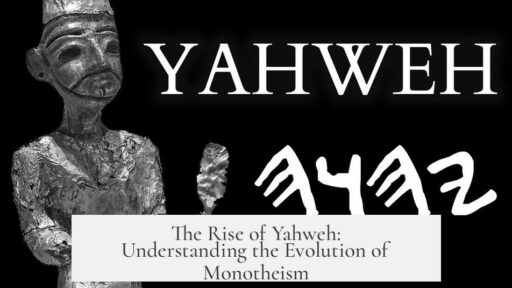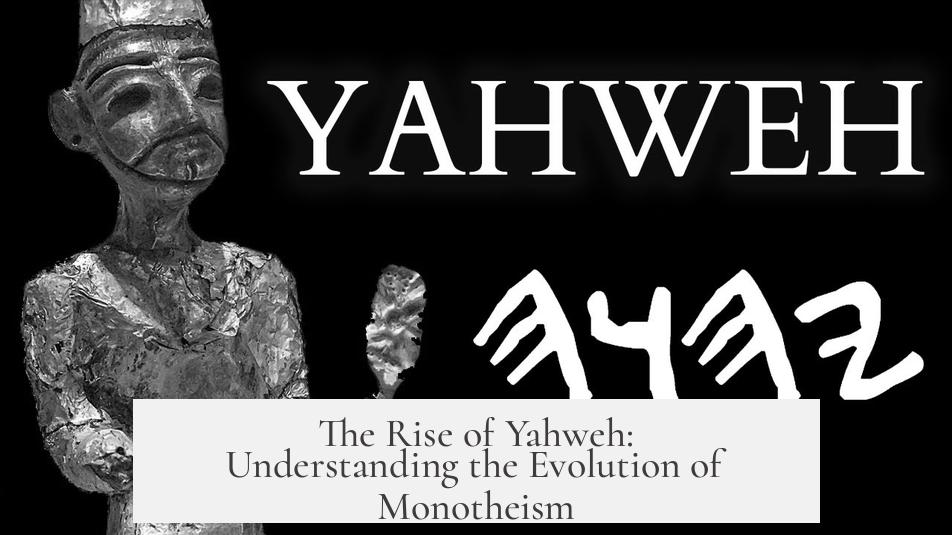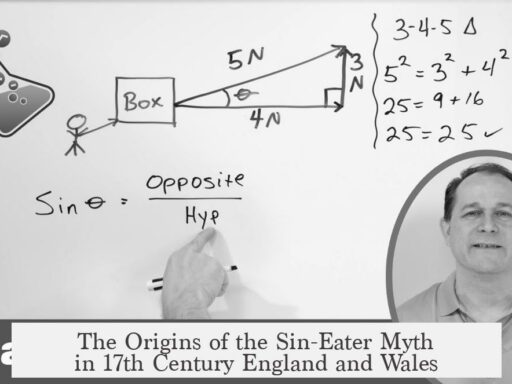Yahweh became God through a gradual religious evolution from local polytheism to exclusive monotheism among the ancient Israelites. Initially, Israelites worshipped the broader Canaanite pantheon alongside neighboring peoples. Among these gods, Yahweh emerged as a local deity gaining prominence.
Yahweh’s rise began with monolatry—the worship of one supreme god without denying other deities’ existence. Over time, this belief evolved into strict monotheism. The Israelites rejected all other gods, affirming Yahweh as the sole divine being. Yahweh assimilated characteristics and titles of El, the original head of the Canaanite pantheon.
External cultural influences shaped this transformation. Egyptian contributions stand out, such as Akhenaten’s earlier monotheistic sun worship and the introduction of male circumcision—central to Israelite identity. Zoroastrianism, an older Iranian faith, presents parallels suggesting shared or absorbed theological ideas. Positioned at trade crossroads, proto-Israelites absorbed diverse concepts, reinforcing a unique religious identity.
The Israelite religion reformed many Canaanite traditions. The Torah explicitly condemns practices like human sacrifice and ritual orgies linked to Ba’al worship. It promotes strict adherence to the covenant, emphasizing an “us vs. them” distinction between Israelites and others. Violating this covenant brought divine disfavor, while loyalty ensured prosperity.
Yahweh’s role also reflects practical concerns. As a rain god, Yahweh was vital for agrarian communities depending on scarce rainfall rather than irrigation. His control over weather affirmed his supreme power and relevance compared to war gods or deities tied to other resources.
| Stage | Description |
|---|---|
| 1. Canaanite Pantheon Worship | Israelites worshipped multiple gods, including El and Ba’al. |
| 2. Yahweh’s Monolatry | Yahweh became the chief deity, exclusive worship begins. |
| 3. Full Monotheism | Belief in Yahweh alone, rejection of all other gods. |
| 4. Cultural and Theological Influences | Egyptian and Zoroastrian ideas integrated. |
| 5. Reform and Identity Formation | Rejection of old rituals; emphasis on covenant and ethnic identity. |
- Yahweh’s divinity developed from local god to sole deity.
- Monolatry shifted into exclusive monotheism.
- Egyptian and Zoroastrian influences helped shape beliefs.
- Religious reforms distinguished Israelites from neighbors.
- Yahweh personified critical agricultural needs as a rain god.



